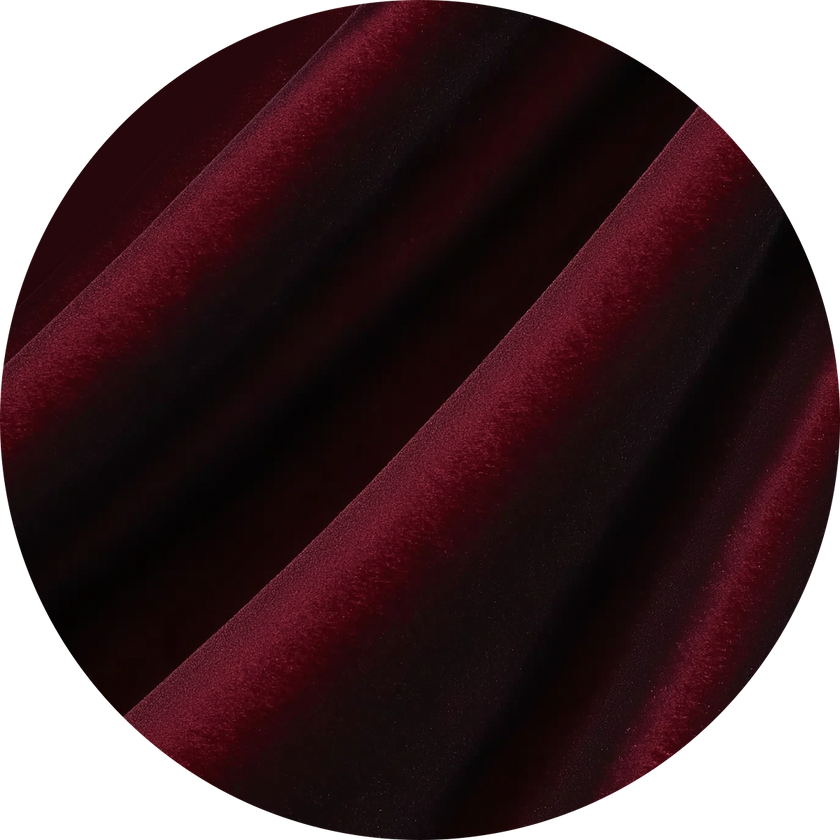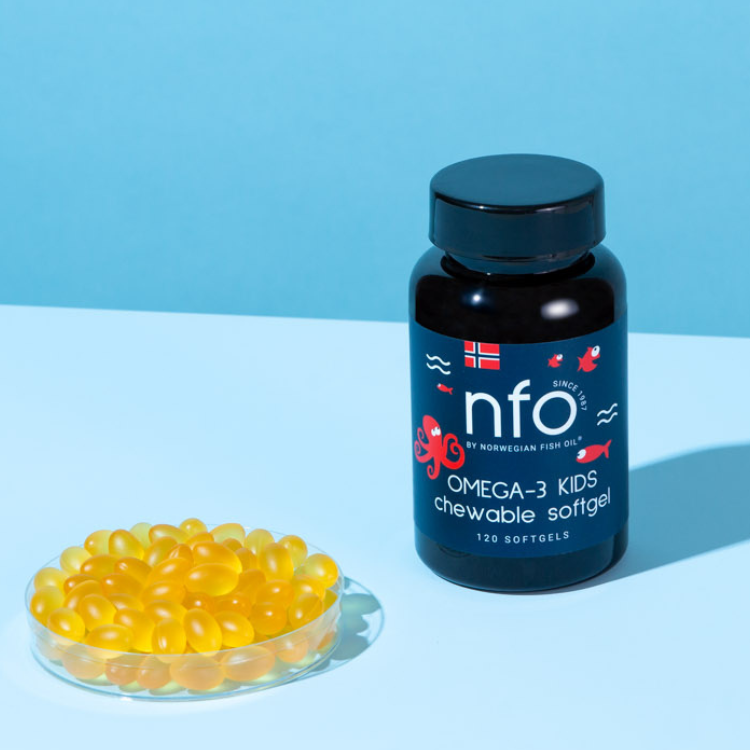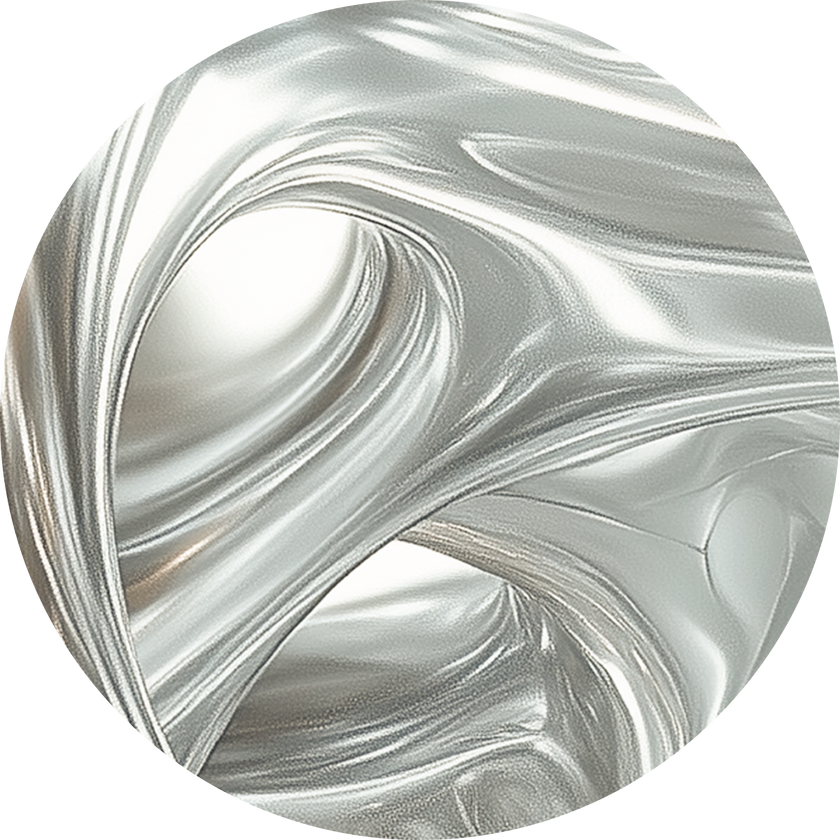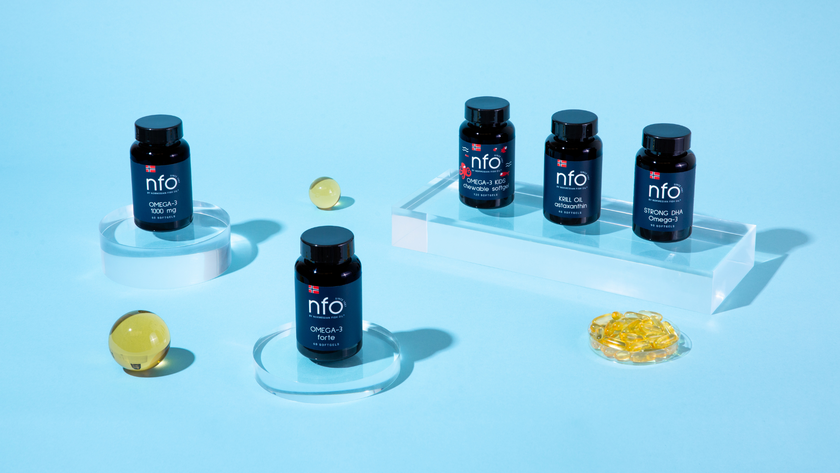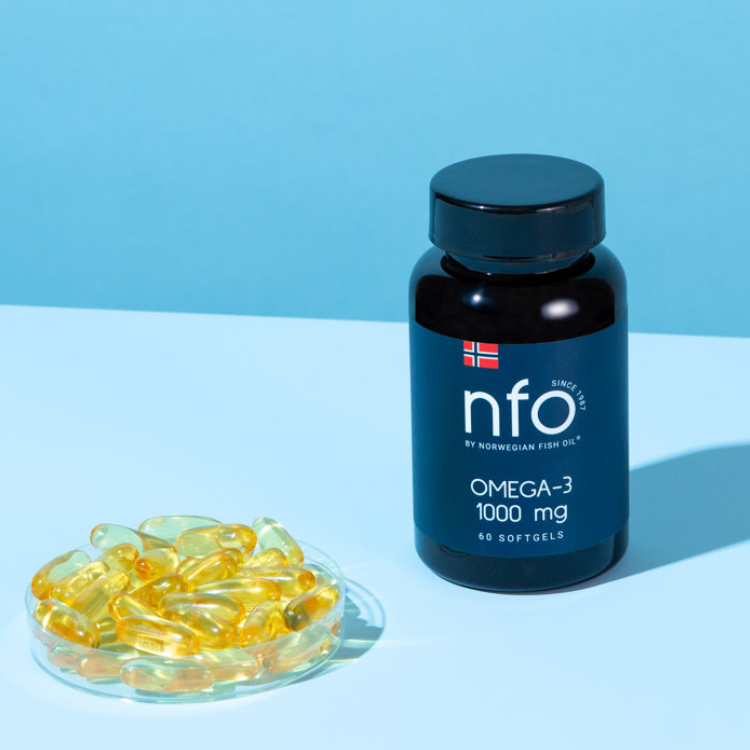1. What Are Hair Vitamins?
Hair vitamins are supplements made to improve hair health. They often include nutrients like biotin, vitamin D, zinc, iron, and collagen. Some also add herbal extracts such as horsetail or saw palmetto. These products come as pills, gummies, or powders.
Their goal? To nourish the body so that hair follicles can grow stronger and healthier strands. Most products promise benefits like faster hair growth, reduced shedding, thicker texture, and shinier appearance.
2. Understanding Hair Growth
Hair grows in a cycle that includes:
- Anagen (growth phase)
- Catagen (transition phase)
- Telogen (resting/shedding phase)
Each hair follicle operates independently. At any time, 80-90% of your hair is in the anagen phase. When a person suffers from hair thinning or excessive shedding, it may be due to nutritional deficiencies, stress, hormonal changes, or disease (Guo and Katta, 2017).
3. Biotin: The Star of Hair Supplements
Biotin (vitamin B7) is a common ingredient in hair vitamins. It plays a role in the production of keratin, the protein that forms hair structure.
Studies show that people with biotin deficiency may suffer from brittle hair and hair loss (Rogers, 2017). However, true biotin deficiency is rare. Most people get enough from food like eggs, nuts, and whole grains.
A review by Patel et al. (2017) found that biotin supplements may help in cases of deficiency but do not significantly improve hair growth in healthy individuals.
4. Vitamin D and Hair Loss
Vitamin D supports the hair cycle. Deficiency is linked to alopecia areata (patchy hair loss) and telogen effluvium (diffuse shedding) (Gerkowicz et al., 2017).
Sanke et al. (2020) found that women with hair shedding had lower vitamin D levels compared to controls. Another study showed that topical application of vitamin D analogs could promote hair regrowth in some patients with alopecia (Yilmaz et al., 2012).
5. Iron: Fuel for the Follicles
Iron helps carry oxygen to cells. It is crucial for many processes, including hair growth. Iron deficiency (especially without anaemia) is a known cause of hair shedding, particularly in women (Trost et al., 2006).
Bregy and Trueb (2008) showed improvement in hair density when iron supplements were given to women with low ferritin.
6. Zinc and Hair Growth
Zinc supports hair follicle recovery. Its deficiency can lead to hair loss, brittle nails, and skin rashes (Kil et al., 2013).
Supplementation helped patients with alopecia areata in some trials (Park et al., 2009), but excessive zinc can cause problems.
7. Other Nutrients That Matter
- Vitamin A: Too much or too little can cause hair loss.
- Vitamin C: Helps absorb iron and supports collagen production.
- Vitamin E: Protects from oxidative stress.
- Protein: Keratin needs it. Low-protein diets weaken hair.
- Omega-3s: Improve scalp health (Wu et al., 2015).
8. Collagen and Keratin Supplements
Collagen peptides support skin and maybe hair. A 2015 study showed improved skin hydration and elasticity (Proksch et al., 2014). Keratin supplements are debated for effectiveness when taken orally.
9. Do Hair Vitamins Work?
If you have a deficiency, yes. Otherwise, results vary. People without nutrient gaps often don’t see major changes.
10. The Role of Genetics and Hormones
Hair loss from genetic causes like androgenetic alopecia won't be reversed by vitamins alone (Almohanna et al., 2019).
11. Lifestyle and Hair Health
- Manage stress
- Eat a balanced diet
- Avoid harsh styling
- Check for health conditions like thyroid issues
12. How to Choose a Hair Supplement
- Third-party tested
- No megadoses
- Evidence-backed nutrients
- No fillers
13. Nordic Wisdom: Food First
Traditional Nordic diets offer natural nutrients from fish, grains, berries, and vegetables. Supplements are secondary.
14. Final Thoughts: Grow With Glow
Hair vitamins are no magic fix. But for those who are deficient, they may help. The best path to healthy hair? Balanced nutrition, a healthy lifestyle, and personalised care.
